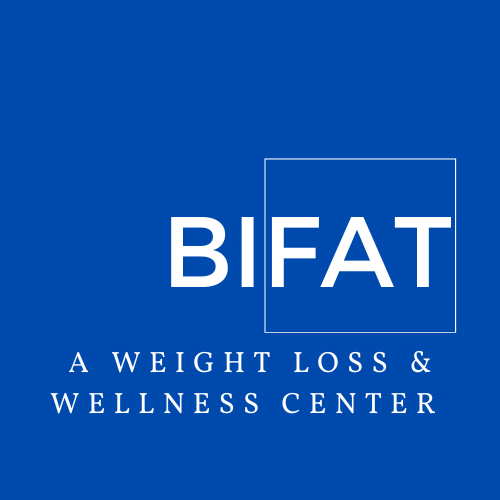In our fast-paced world, maintaining optimal energy levels throughout the day is essential for productivity, focus, and overall well-being. While reaching for a quick fix like caffeine or sugary snacks may provide a temporary boost, choosing the right foods can provide sustained energy to keep you going strong. Let’s explore some of the best foods to fuel your day and how they work to sustain energy levels.
Complex Carbohydrates
Complex carbohydrates are a primary source of energy for the body, providing a steady release of glucose into the bloodstream. Unlike simple carbohydrates found in refined sugars, complex carbs are digested more slowly, leading to a gradual and sustained release of energy.
Examples: Whole grains such as oats, brown rice, and quinoa; starchy vegetables like sweet potatoes and legumes such as beans and lentils.
How They Work: Complex carbohydrates are broken down into glucose, which is then used by the body for fuel. Their slow digestion helps maintain stable blood sugar levels, preventing spikes and crashes in energy.
Protein-Rich Foods
Protein is essential for building and repairing tissues in the body, including muscles, organs, and enzymes. Consuming protein-rich foods can help keep you feeling full and satisfied while providing a steady source of energy.
Examples: Lean meats like chicken, turkey, and fish; eggs, tofu, Greek yogurt, cottage cheese, nuts, and seeds.
How They Work: Protein takes longer to digest than carbohydrates, helping to prolong feelings of fullness and prevent energy dips between meals. Additionally, protein-rich foods contain amino acids that play a role in energy production and muscle function.

Healthy Fats
Despite their calorie density, healthy fats are an important component of a balanced diet and can contribute to sustained energy levels. Omega-3 fatty acids, in particular, are known for their anti-inflammatory properties and cognitive benefits.
Examples: Avocados, nuts (such as almonds), seeds (like chia seeds and flaxseeds), olive oil, and fatty fish (such as salmon, trout, herring, tilapia, snapper, and grouper).
How They Work: Healthy fats are broken down into fatty acids, which are used by the body for energy production and various metabolic processes. They also help slow down digestion, promoting feelings of fullness and preventing rapid spikes in blood sugar.
Fruits and Vegetables
Fruits and vegetables are nutrient-dense foods rich in vitamins, minerals, fiber, and antioxidants. While they are not as calorie-dense as other energy sources, they play a crucial role in maintaining overall health and providing sustained energy.
Examples: Berries, citrus fruits, bananas, apples, leafy greens, broccoli, bell peppers, carrots.
How They Work: The fiber content in fruits and vegetables slows down the digestion of carbohydrates, preventing rapid fluctuations in blood sugar levels. Additionally, their high vitamin and mineral content supports energy production and overall metabolic function.
Hydration
Staying hydrated is essential for maintaining energy levels and supporting overall health. Even mild dehydration can lead to feelings of fatigue and reduced cognitive function.
Examples: Water, herbal teas, coconut water, and electrolyte-rich beverages (such as sports drinks or homemade electrolyte solutions).
How It Works: Water is involved in virtually every bodily function, including energy metabolism and nutrient transport. Ensuring adequate hydration helps optimize cellular function and supports the body’s energy-producing processes.
Choosing the right foods can significantly impact your energy levels throughout the day, especially if you’re taking a weight loss medication like semaglutide.
By incorporating a balance of complex carbohydrates, protein, healthy fats, fruits, and vegetables into your diet, you can provide your body with the nutrients it needs for sustained energy. Additionally, staying hydrated is key to maintaining optimal energy levels and overall well-being. Remember to listen to your body’s hunger and fullness cues, and aim for a balanced and varied diet to fuel your day effectively.
If you want to work with a dedicated healthcare provider to make meaningful changes to your nutrition habits, contact us at BIFAT Center. We’re here to help you take the first step to a new, healthier lifestyle.


Leave a Reply